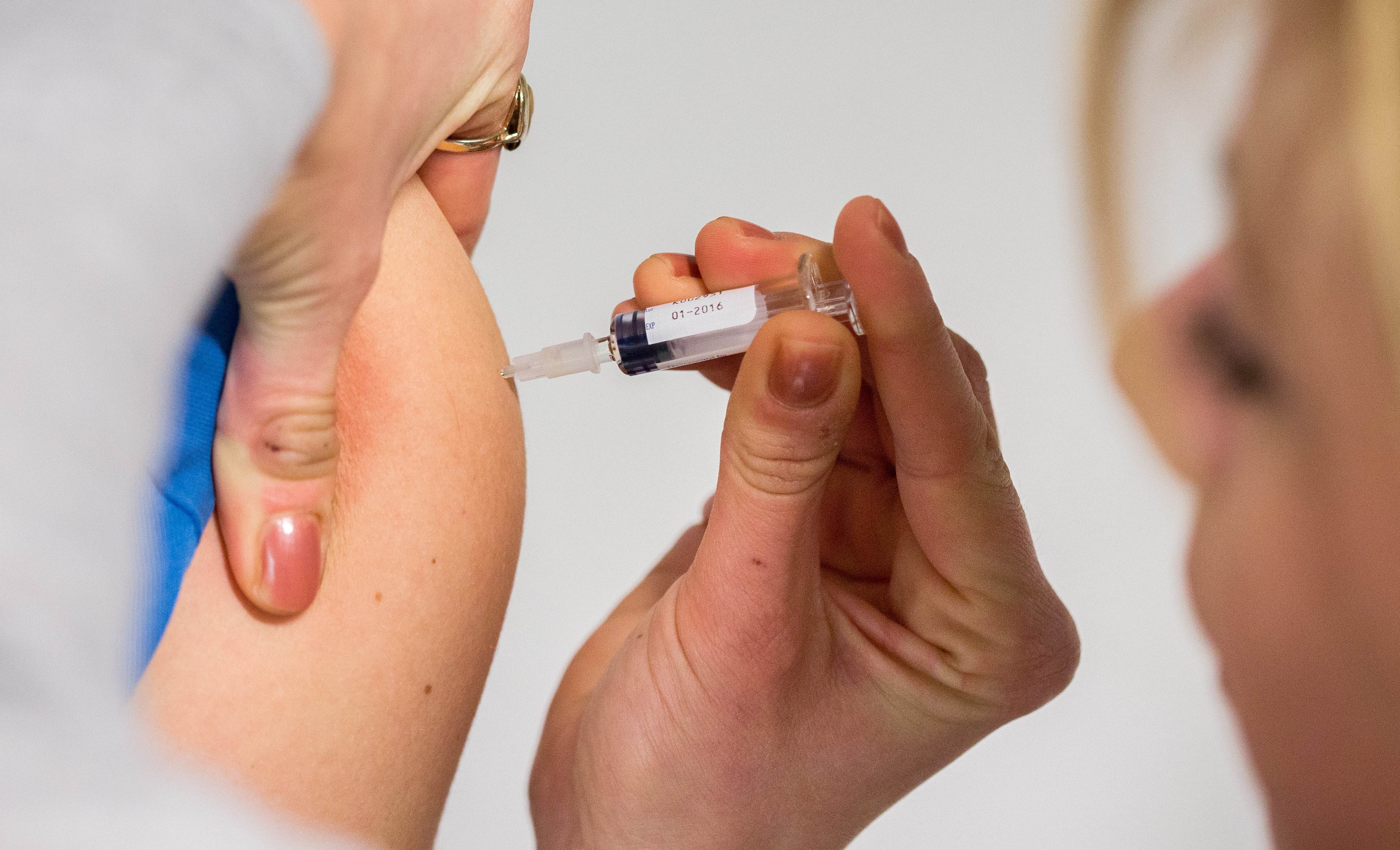An 18-month-old boy who was not vaccinated against measles has died of the virus in Berlin, health officials said on Monday, adding they would try to boost vaccination rates and increase checks on children's status.
The German capital has seen about 600 cases of measles since an outbreak began last October, and the boy's death reignited a debate about whether to make vaccination compulsory. It is not in Germany and some parents choose not to vaccinate their children due to fears about potential side effects.
More than 150 people across the United States have been diagnosed with measles, many linked to an outbreak authorities believe began when an infected international traveler visited Disneyland in late December.
"We take the current situation very seriously," said a spokeswoman for the German health ministry, which she said would increase advice available to parents of young children and step up checks on their vaccination status.
"If that doesn't help, then we will have to discuss other measures," she added, without giving further details.
German Health Minister Hermann Groehe said over the weekend "the irrational scaremongering by some of those against vaccinations is irresponsible. Whoever denies their child a vaccination is not only putting their child at risk but also others, and this can lead to serious health problems."
Measles was declared eliminated in the United States in 2000 after decades of intensive vaccine efforts. But in 2014, the country had its highest number of cases in two decades.
Some Americans object to vaccination on religious grounds, a view rarely heard in Germany.
Most people recover from measles within a few weeks, although it can be fatal in some cases.




